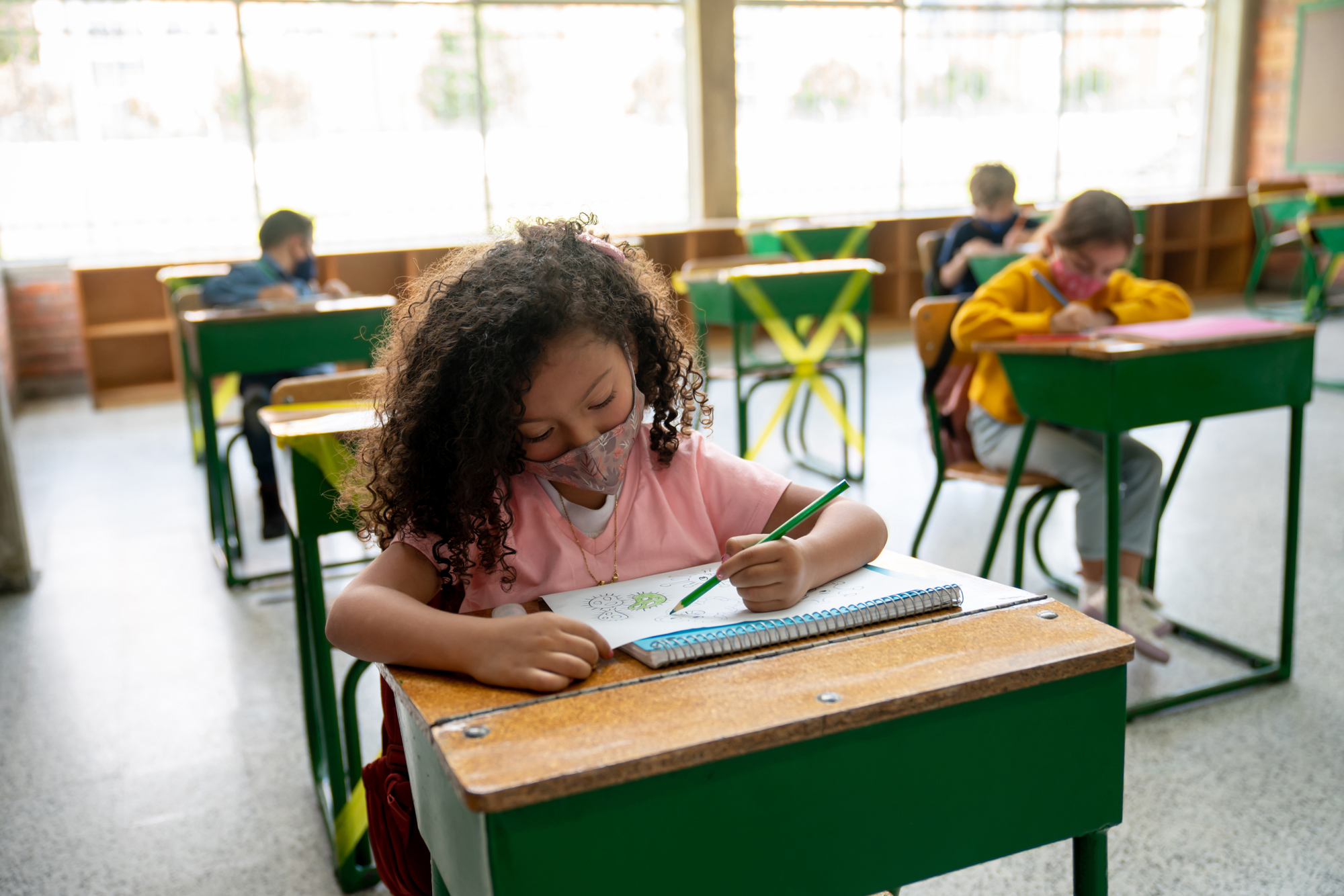While debate roils over how K-12 students will resume their studies this fall, education experts are advising one thing must be addressed before classes begin again: student’s lingering mental health needs from the onset of the pandemic.
In a new policy brief by the University of Florida’s education research hub the Lastinger Center for Learning, researchers analyzed interviews and surveys with students, parents, teachers and school administrators about the approaches taken by education programs, from birth to 12th grade, during the COVID-19 pandemic.
Through the interviews and more than 4,600 respondents to an online survey, officials from the Lastinger Center found that the biggest need among teachers and families were addressing the stressors felt by students from the sudden school closures this spring.
“This is a moment in time where we can acknowledge there’s been some kind of trauma felt by everyone, so let’s leave some space for humanity before diagnosing what learning losses will be and how much students may have fallen behind,“ said Phil Poekert, executive director of the Lastinger Center, part of the College of Education.
The trauma felt by students includes anxiety over the uncertainty from the contagious virus and economic instability among families whose caregivers may have lost their jobs.
Particularly impacted were students of color and those who rely on their schools’ free or reduced-price lunch programs. Existing achievement gaps among students were also exacerbated, the Lastinger Center brief said, as students who required mental health or academic support services faced challenges accessing the services from home.
“It was horrible,” remembers Ryane Burg, an Alachua County parent of two at Fort Clarke Middle School. “It was for everybody. I had to transition quickly to working from home. There was a lot of uncertainty. It was not fun.”
Burg said individual, one-on-one academic and behavioral support for her 7-year-old fourth grader, who has a 504 plan for a learning disability, essentially evaporated as classes went virtual.

